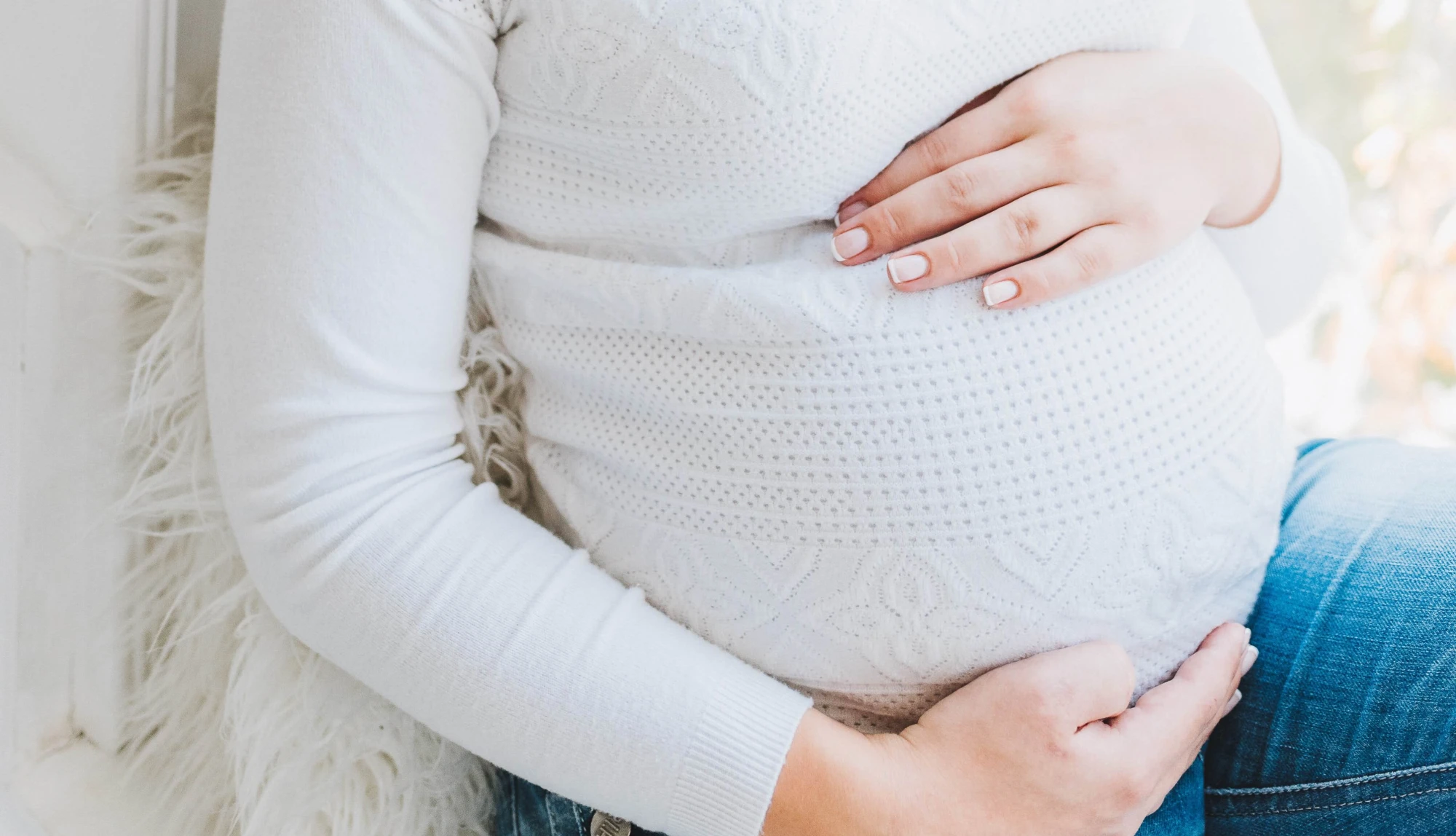Nutrient-rich milk and dairy foods can make a valuable contribution to a balanced diet during pregnancy and breastfeeding, including helping to provide important nutrients such as calcium, protein and iodine.
Although calcium needs do not increase in pregnancy (they remain at 700mg/day), it is important to get enough calcium as it is needed for the growth and development of the baby’s bones
A glass of milk (200ml), a pot of yogurt (150g) and a small piece of hard cheese (30g) such as Cheddar would supply just under 700mg of calcium
During breastfeeding, calcium requirements do increase by 500mg/day. This is because calcium will be added to the breast milk
Milk provides iodine which is also an important nutrient during pregnancy and breastfeeding - the recommendation for iodine increases to 200 micrograms/day (according to the European Food Safety Authority).
